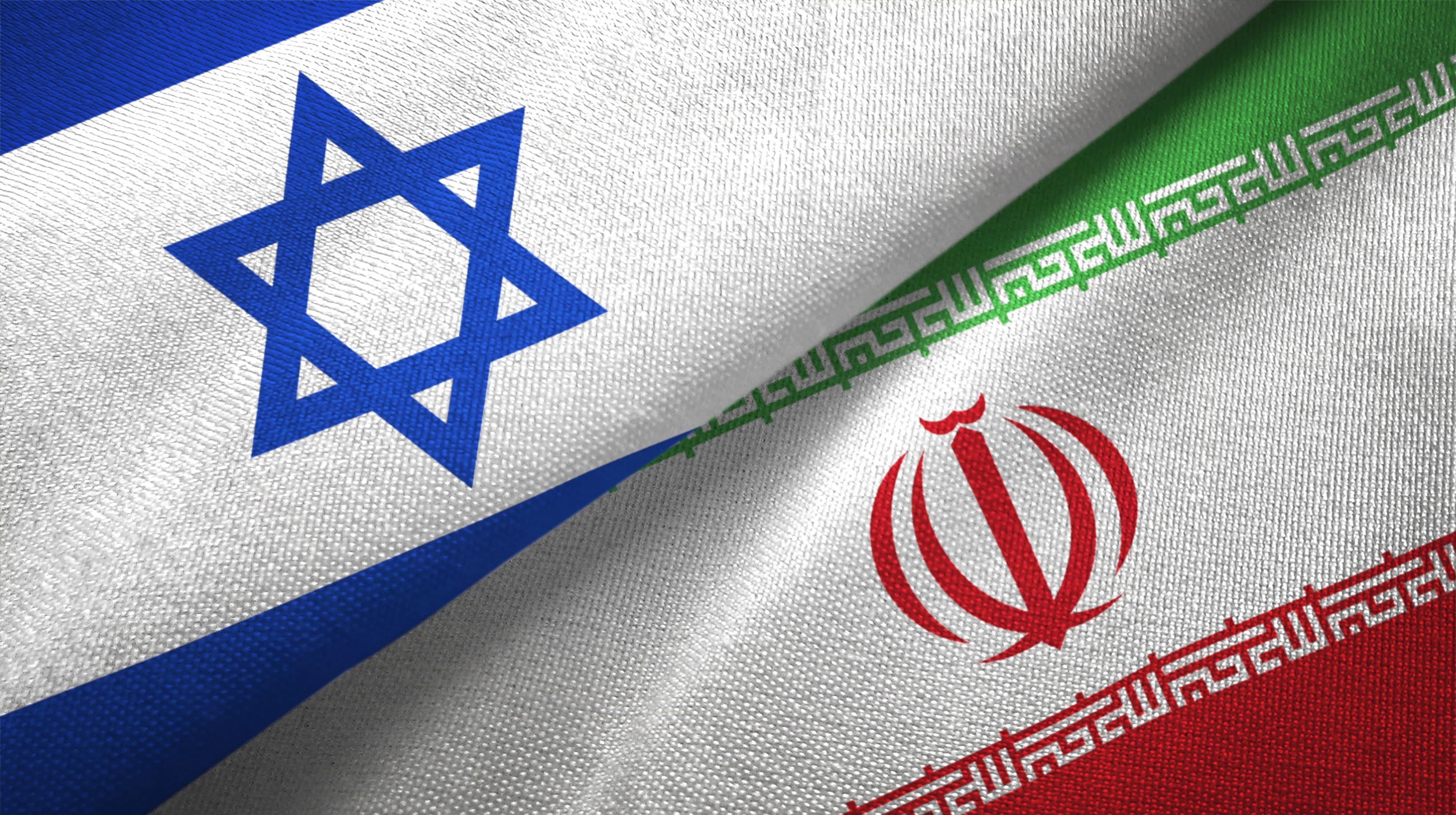The escalating tensions between Iran and Israel are casting a long shadow over India’s textile industry, with experts warning that micro, small, and medium enterprises (MSMEs) could face significant disruptions.
The conflict has the potential to disrupt supply chains, drive up freight costs, and hinder trade with key markets in the Middle East and Europe. This could have a ripple effect on the textile sector, which is already grappling with challenges such as rising raw material prices and stiff competition.
Key concerns for the textile industry include:
- Disrupted supply chains: The conflict could lead to disruptions in the supply of raw materials, such as cotton and yarn, from the Middle East.
- Increased freight costs: The closure of key shipping routes could drive up freight costs, making it more expensive for Indian textile exporters to reach their markets.
- Reduced demand: The uncertainty caused by the conflict could lead to a decline in demand for Indian textile products in the Middle East and other regions.
The government has taken steps to support MSMEs, including providing credit guarantees, raising Mudra loan limits, and expanding the reach of financial institutions. However, the industry will need to adapt to the changing geopolitical landscape to mitigate the potential impact of the Iran-Israel conflict.

